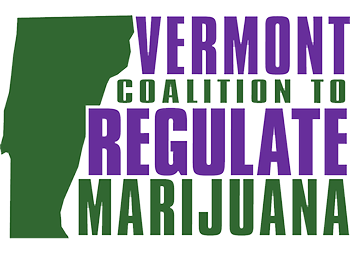Vermont’s medical marijuana law provides safe, legal access for more than 4,400 patients suffering from serious medical conditions. However, registered patients comprise only a small percentage of Vermont’s market demand for marijuana.
Absent a system of regulated production and sale, the rest of the marijuana consumed in Vermont must be supplied by illicit dealers.
In 2013, Vermont took an important step towards sensible marijuana policy by decriminalizing possession of small amounts of marijuana. This reform has resulted in a more efficient use of limited resources in our criminal justice system, and it has allowed law enforcement professionals to focus more of their attention on serious and violent crimes. But it is not enough.
- Decriminalization prevents marijuana users from being charged with a crime for simple possession, but it does not impact the illegal supply chain. As long as the production and sale of marijuana remain illegal, prohibition will continue to enrich and empower gangs and cartels while undermining public safety and damaging the environment.
- Decriminalization does not adequately protect minors, who can easily access marijuana in our current, unregulated market. Illicit drug dealers do not check IDs, and they sometimes sell far more dangerous drugs. State-regulated marijuana retailers would only sell to adults 21 and over, and marijuana obtained on the regulated market would be tested and labeled.
- Decriminalization does not create jobs, produce tax revenues, or stimulate local economies. Only by regulating the production and sale of marijuana can these benefits be realized.
